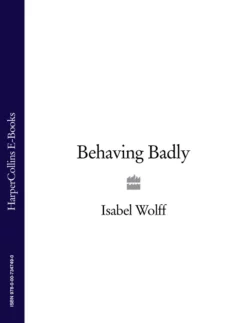Behaving Badly

Isabel Wolff
Тип: электронная книга
Жанр: Современная зарубежная литература
Язык: на английском языке
Стоимость: 774.62 ₽
Статус: В продаже
Издательство: HarperCollins
Дата публикации: 16.04.2024
Отзывы: Пока нет Добавить отзыв
О книге: The fifth novel from the hugely entertaining writer of RESCUING ROSE. Stylishly written, sophisticated but warmhearted and accessible, this is Isabel Wolff at her inimitable best.All men are beasts……or so Miranda Sweet believes. As an animal behaviourist, she can get inside the heads of deluded Dalmatians and introverted iguanas, but she can’t work out why the men in her life behave so badly. Animals are braver kinder and a lot more reliable. So Miranda’s given up on love to open her own clinic and work her magic on neurotic pets and their grateful owners.But can she keep the whole male species at bay for ever? Her best friend, Daisy, an incurably romantic wedding-planner, doesn’t think so. When a delicious photographer comes into her life, even Miranda starts to wonder if she’s been a bit hasty. But, just when she’s letting her guard down, her past starts to catch up with her. Now, she has to face up to her own behaviour, which hasn’t always been as sweet as she’d like to pretend…